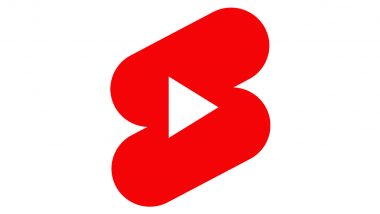
Developing desktop applications requires choosing a programming language that suits your project requirements, whether its performance ease of use, or platform compatibility. Here are some of the best languages for desktop application development highlighting their strengths and ideal use cases. Overview C is a high-performance language that offers extensive control over system resources.
It is widely used in desktop application development, especially for applications requiring high performance and efficient resource management . Key Features Offers high-performance and low-level system access. Cross-platform development supports various platforms through frameworks like Qt.

Rich libraries and frameworks for GUI development such as MFC and wxWidgets Ideal Use Cases Games and multimedia applications High-performance applications Applications requiring direct hardware access Overview Java is known for its platform independence and robustness. Using the Java Virtual Machine (JVM), Java applications can run on any system with a compatible JVM. This makes it a versatile choice for desktop application development.
Key Features Cross-Platform Write Once Run Anywhere (WORA) capability with JVM. Extensive libraries and frameworks including JavaFX and Swing for GUI development. Large developer community and extensive documentation.
Ideal Use Cases Enterprise applications Cross-platform applications Applications requiring portability across different OS Overview C# is a language developed by Microsoft for the .NET framework offering a modern syntax and robust features for developing Windows applications. Key Features Deep integration with the .
NET framework provides access to a wide range of libraries and tools. Provides powerful tools like Windows Forms and WPF for creating rich desktop applications. Offers a modern object-oriented syntax that is easy to learn and use.
Ideal Use Cases Windows desktop applications Business applications requiring integration with Microsoft technologies Applications leveraging .NETs extensive libraries and services Overview Python is a versatile language known for its simplicity and readability. With libraries like Tkinter, PyQt, and Kivy, Python is a popular choice for desktop application development especially for rapid prototyping.
Key Features Simple syntax that is easy to read and write. Can be used to develop applications for multiple platforms. Frameworks such as Tkinter, PyQt, and Kivy for GUI development.
Ideal Use Cases Prototyping and scripting Small to medium-sized desktop applications Applications where development speed and ease of use are critical Overview Swift is Apple’s programming language for macOS and iOS development . It is designed to be safe fast and expressive making it ideal for developing macOS applications. Key Features Compiled language with high performance and safety features.
Clean and expressive syntax designed for safe and efficient programming. Seamless integration with Apple’s development tools and frameworks. Ideal Use Cases macOS desktop applications.
Applications leveraging Apple’s ecosystem and tools. High-performance applications with a focus on user experience. Overview Delphi is an Object Pascal-based language used for Rapid Application Development (RAD) of desktop applications.
It’s known for its powerful IDE and ease of use. Key Features Offers a visual development environment and prebuilt components. Supports development for Windows macOS iOS and Android.
Robust Integrated Development Environment (IDE) with drag-and-drop UI design. Ideal Use Cases Rapid application development Cross-platform desktop and mobile applications Applications requiring a visual development approach Selecting the right programming language for desktop application development depends on the specific needs of your project, whether it's performance, platform compatibility, or ease of development. C and C# shine for high-performance and Windows applications, Java and Python are favored for cross-platform versatility, while Swift and Delphi excel in their respective ecosystems.
Each language has its unique strengths, making it essential to match the tool to the task for optimal results..













